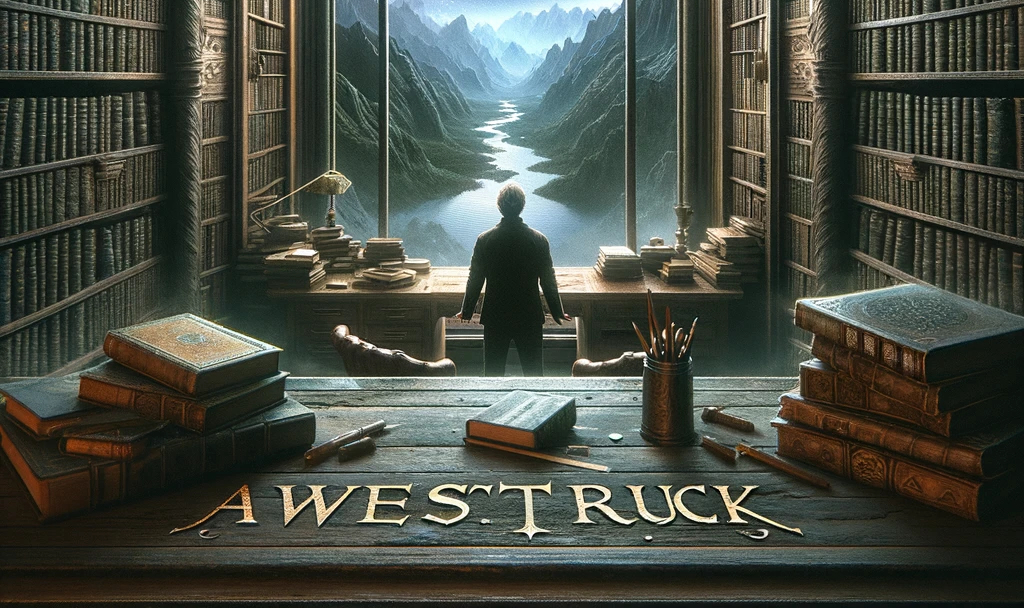While Shakespeare and Donne would inevitably have had in mind the political and religious upheavals of the age, it is surely something far greater than that, a different sort of power game, that they have intuited. They lament the loss of the relation of part to whole, of individual to community, of the context, the cosmos, to which each single soul belongs – each now standing alone. There is a loss of harmony (‘each thing meets in mere oppugnancy’, in Ulysses’ phrase), the whole has become a heap of bits and pieces (‘crumbled out again to its atoms’). And, as Ulysses reminds us, this can have only one ending:
Then every thing include itself in power,
Power into will, will into appetite,
And appetite, an universal wolf
(So doubly seconded with will and power),
Must make perforce an universal prey,
And last eat up himself.
Iain McGilchrist in his book on the brain, The Master and HIs Emissary
As we traverse this life in the context of the Information Age, we have an inherent tendency to reduce what we experience into facts and figures that can be analyzed. This quality of attention is second nature. To reduce everything into its smallest component parts seems normal to us. After all, our end goal is to understand. And our understanding of understanding is that gathering more and more information is the best method of pursuit.
And yet, if we are honest with ourselves, our end goal is deeper than mere understanding. Our end goal is to understand in order to take advantage. Information is currency, and with it we may purchase that which benefits us.
And yet, as McGilchrist and Shakespeare and Ulysses and the core of our own souls would observe, such a pursuit cannot help but see everything and everyone as utilitarian. Nature becomes a heap of resources to exploit. People become a grid of traits and resources with which to judge as useful, irrelevant, or in need of cancellation.
This reductionist mindset, this reduced quality of attention, has infiltrated not just society at large, but, in a bit of irony, all of its component parts – including the church. The Church, as we will see in today’s episode, is called to a much higher quality of attention. One that sees Nature as the glory of God and people as his image-bearers, even the least of all people as Jesus himself.
Today we will review the last six episodes of Awestruck and how each of their individual themes collectively make the whole message we marvel at today more than just the sum of its parts.
The time has come for the Church – for all followers of Jesus – to lay down our weapons of mass reduction and return to living lives of wonder, reverence, and love for all.
Source Scripture
Through the Roof: Matthew 9:1-8; Mark 2:1-12; Luke 5:17-26
Party Time: Matthew 9:9-13; Mark 2:13-17; Luke 5:27-32
I Have a Proposal Matthew 9:14-17; Mark 2:18-22; Luke 5:33-39
Everyone Out of the Pool: John 5:1-16
Good Work! John 5:17-18
You Look Marvelous: John 5:19-30
All That is Required: Micah 6:8
Connect
Twitter: @AwestruckPod
Email: info@awestruckpodcast.com
Extras
When you think of the word work, what comes to mind? For most of us, it is the time and effort required to accomplish a goal. The energy required to move an object over a distance. The physical exertion, unwanted but endured, to obtain reward.
Cast in this light, work becomes something to avoid. Escape. Evade. True happiness, we begin to believe, comes only when work is absent and leisure is present. Paradise and work become mutually exclusive.
And yet, if we go back to the beginning of time, the divine God of the Universe engaged in work to create the earth. To create mankind. To create the Garden of Eden – paradise itself. And he placed man in the garden to work it – to continue the divine act of creation by cultivating the garden to produce fruit.
God rested on the seventh day from his work of creating paradise. He rested because his work was good. Complete. Perfect.
One thing was missing, though. Adam was alone, and God said, “It is not good for man to be alone.” So he caused Adam to fall into a deep sleep – to rest from his work – while God continued to work one more time in creating Eve. Only then was paradise complete.
Adam and Eve then began life in paradise with the work of tending the garden. They worked during the day, and they walked with their creator in the cool of the evening.
Work and paradise coexisted in harmony. Work, it seems, is divine.
Until that fateful day when the serpent interrupted their work. When he slithered around the trunk of the Tree of Knowledge of Good and Evil and convinced Adam and Eve that they should ignore God’s warning and sample its fruit for themselves.
And in that moment, when Adam & Eve stopped working the garden to entertain the idea that they knew better than God and could take action contrary to his desires and direction, paradise was lost.
And so we arrive at today, where we live under the shadow of the serpent coiled around the trunk of the Tree of Knowledge of Good and Evil, gloating over us as we work under the curse of thorns and sweat and toil.
And yet, where there is a shadow, there is light. The divine God of creation is not done with his work. He is at it again. He is creating. He is re-creating. He is restoring paradise.
How, you ask? Let’s find out.
Source Scripture
Good Work! John 5:17-18
Connect
Twitter: @AwestruckPod
Email: info@awestruckpodcast.com
Extras

